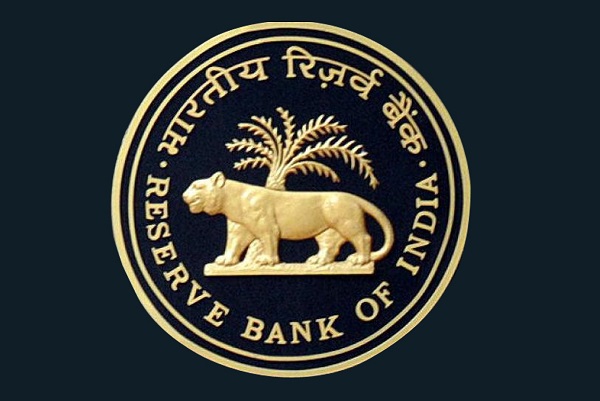Mumbai, (Samajweekly) The Reserve Bank on Thursday retained its key short-term lending rate to curb the rise in inflation, and stabilise the general economic environment.
Even though it retained the repo rate — or short-term lending rate for commercial banks, at 4 per cent, the Monetary Policy Committee of the central bank agreed to maintain the growth-oriented accommodative stance.
Likewise, the reverse repo rate stands unchanged at 3.35 per cent, and the marginal standing facility (MSF) rate and the ‘Bank Rate’ at 4.25 per cent.
In an online address detailing the MPC decision, RBI Governor Shaktikanta Das said the MPC was of the view that supply chain disruptions on account of the Covid-19 pandemic persists, with implications for both food and non-food prices.
“A more favourable food inflation outlook may emerge as the bumper rabi harvest eases prices of cereals, especially if open market sales and public distribution offtake are expanded on the back of significantly higher procurement. Nonetheless, upside risks to food prices remain,” he said.
“The abatement of price pressure in key vegetables is delayed and remains contingent upon normalisation of supplies. Protein-based food items could also emerge as a pressure point.”
Besides, Das, in his address, pointed out that higher domestic taxes on petroleum products have resulted in elevated domestic pump prices and will impart broad-based cost push pressures going forward.
The retail or consumer price index stood at 6.09 per cent in June. The urban CPI stood at 5.91 per cent and rural at 6.20 per cent. The RBI maintains a medium-term CPI inflation target of 4 per cent. The target is set within a band of +/- 2 per cent.
“Taking into consideration all these factors, the MPC expects headline inflation to remain elevated in Q2:2020-21, but likely to ease in H2:2020-21, aided by favourable base effects.
“Given the uncertainty surrounding the inflation outlook and extremely weak state of the economy in the midst of an unprecedented shock from the ongoing pandemic, the MPC decided to keep the policy rate on hold, while remaining watchful for a durable reduction in inflation to use available space to support the revival of the economy.”
On the growth front, Das said that real GDP growth is estimated to be negative during FY2020-21 as a whole.
“An early containment of the Covid-19 pandemic may impart an upside to the outlook. A more protracted spread of the pandemic, deviations from the forecast of a normal monsoon and global financial market volatility are the key downside risks,” he said.
“World is bracing for a second wave of pandemic as economies open up.”
Welcoming the monetary policy announcement, SBI Chairman Rajnish Kumar, who is also the Chairman, IBA, said: “The Reserve Bank of India’s monetary policy statement draws a fine balance between the challenges posed due to Covid-19 pandemic shock and the need to support growth and financial stability.”
Commenting on the decision, Suman Chowdhury, Chief Analytical Officer, Acuite Ratings & Research, said: “While the repo rates are almost close to the bottom, we believe there is a possibility of another round of 25-50 bps of a rate cut over the next 6 months.”
Sameer Kaul, CEO & MD of TrustPlutus Wealth Managers (India), said: “The MPC is open to further monetary policy action but would like to use the dry powder judiciously keeping in mind the near term view on inflation.”
According to Ficci President Sangita Reddy: “We stand encouraged by the guidance being provided by the central bank amid the current environment of continued uncertainty.”
“Weak demand has been the key pain point for businesses and all levers need to be used to get consumption back on track. Front loading at least another 25 bps cut in the repo rate would have been well timed. The festive season has already set in and a cut in the repo rate would have given some guidance to businesses and consumers.”
Complimenting the RBI on announcing a ‘Restructuring Framework’ for stressed loans, industry body Assocham said it expects the K.V. Kamath Committee to come up with liberal financial parameters and benchmarks for loan revamp eligibility.
On his part, D.K. Aggarwal, President, PHD Chamber of Commerce and Industry, said: “RBI’s announcement of allowing stressed MSME borrowers to restructure debt if their loans were classified as standard as on March 1, 2020 is highly appreciable and would go a long way in strengthening the financial position of the MSMEs.”










